There’s a feeling that sneaks in early, usually between “What do you do?” and the second drink. It whispers, this could be it. They like to travel, you like to travel. They “yes, and” your jokes. Your brain starts casting them in every future plan, “what would they be like meeting your friends?”, a dog, Costco runs. You start noticing the signs: green light, green light, slightly delayed text response (fine), green light.
For some, it can show up frequently as quick fireworks that send plans with a new potential partner sprinting ahead of facts. My pattern ran different: I had felt the rush before, just not while I was actually going on dates. I kept hoping for that old voltage and left good first dates feeling satisfied but neutral.
There is a name for this, “limerence”. Clinical psychologist Dorothy Tennov, who deserves a plaque or at least a gift basket for trying to label it, described limerence as “an involuntary interpersonal state involving an acute longing for emotional reciprocation.”
That’s one way to put it. Another way is: the person texts you “hey” after ghosting you for a week and you suddenly feel like God has a plan again.
Limerence is tricky. Not in the sense of, “Is this mayonnaise still good?” tricky, but in the way your brain turns into a group of unpaid interns who start storyboarding your life together the moment someone you find attractive offers you gum. It’s that full-bodied infatuation, occasionally obsessive, mostly absurd, and deeply human.
I have treated that rush like a screening tool. No spark, no second date. Even when someone felt thoughtful, funny, steady, I would leave uneasy, convinced some vital ingredient was missing. When you have tasted that intensity even once, everything else can read like a copy with the volume turned down. Some people feel it all the time, constantly let down.
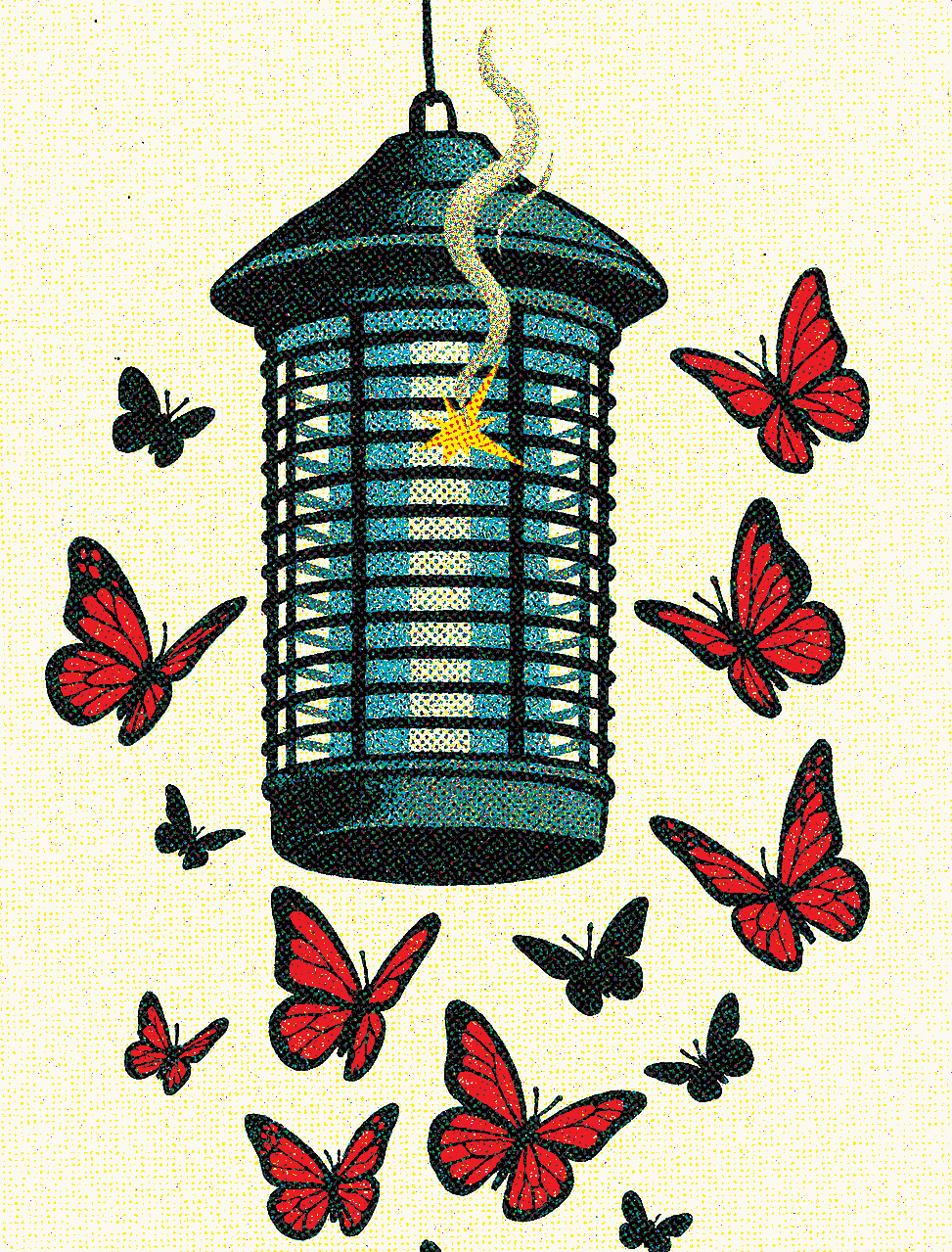
The real view comes later, after the fantasy gets downgraded to a memory of you pretending to like hot yoga because they once mentioned it. Eventually, the haze lifts and what you’re left with isn’t love or depth or meaning, it’s the sobering realization that being obsessed with someone doesn’t mean they’re a good fit.
Often, it’s a kind of false advertisement your own brain designs, and suddenly you’re stuck trying to return a product you can’t prove was ever actually sold to you.
There’s guilt involved, too. You like how it feels. You want more. You start asking if this is how it's supposed to feel when it's right and maybe you’re supposed to feel like this forever and if not, does that mean something’s wrong? You try to chase it, keep it alive, squeeze more juice from a rind that’s already been wrung out. You end up addicted to the high, like the guy who won’t shut up about the first time he did mushrooms and keeps trying to re-create the magic with a broken French press and some expired rooibos.
Something shifts, though, once you stop worshipping the feeling. One day you’re writing poetry in your Notes app, and the next you’re realizing the person in question doesn’t use turn signals and is cruel to waitstaff. The fog clears. limerence evaporates, and you’re left with what therapists might call “clarity.” It’s like going out at night and thinking you’ve met your soulmate, only to realize the next day, in the clinical setting of Panera Bread, that the unstoppable chemistry was mostly gin.
That brings me to equanimity. A word that sounds like a drug treatment center but is actually a foundational principle of Buddhist mindfulness. It’s about emotional steadiness, the kind that lets you want things without needing them to pan out exactly as you imagined. Joseph Goldstein, one of the West’s most respected mindfulness teachers, describes equanimity as “a balance of mind that is unshaken by life’s vicissitudes.” Which is a fancy way of saying “if a detour wrecks you, that isn’t wanting; it’s kid-meltdown-in-the-Hot-Wheels-aisle needing.”
Jonny Wilkinson, a rugby player with a surprisingly sensitive inner life, once said, “If I need things to be a certain way, I am hostage to them.” That one lands. It explains so much. Like why I’ve historically refused to submit writing unless I was absolutely sure it wouldn’t be criticized, or why I’ve stayed in relationships longer than I should’ve because I’d already told people it was going well. If I couldn’t guarantee success, I opted for silence. If I couldn’t guarantee romance, I tried to engineer it. As if life is a vending machine and I’m just bad at choosing snacks.
What I realized was my needing was so intense because disappointment is, for me, the boss level. It arrives with the weight of a grandfather’s sigh and the subtlety of a marching band. I’ve built whole scaffolding systems to avoid it: Don’t pitch if rejection stings. Don’t hope if you can’t handle loss. Don’t start if you can’t promise the ending.
But these safety measures become cages. The more elaborate the rules, the less room I had to live inside them.
It used to show up in dating, too.
Every new connection carried the weight of permanence. Each early text felt like an SAT question. Every pause between replies, an omen.
I’d think, “This has to be it,” because the alternative was sitting with uncertainty, which felt about as pleasant as standing up from the toilet after watching 30 minutes of Youtube.
When the spark stayed quiet, I treated the quiet like a coffin nail. Part of it was a fear calculation, that whatever you feel at the start is the strongest it will ever be, and from there it only dulls with time and routine. What I needed was more time, more information, simple curiosity.
Eventually, I saw what was happening. Limerence is fine, even fun, as long as you don’t hand it the keys to your judgment. It’s a guest, not a landlord. You can enjoy its company without letting it renovate the place.
Here’s where it all clicked for me: if limerence isn’t a reliable indicator of long-term potential, then it’s not required to have a fulfilling relationship either. For a while, I didn’t realize that. I mistook limerence for “having a crush,” for the early butterflies and late-night overthinking. But they’re different creatures. One is desire with a working memory. The other is a carnival ride you can’t steer.
Joseph Goldstein talks about craving: how it’s fine to want something, but if you need it to feel whole or certain or safe or content, then you’re caught.
Jonny Wilkinson would call that being a hostage. And that’s exactly how I’d lived, waiting for limerence to show up so I could finally feel confident about someone, only to realize I’d handed over all the power to a feeling that doesn’t even answer emails.
At first, this realization was awful. Not in a tragic, cry-in-the-shower way, more in the quiet devastation of learning that Santa isn’t real and the guy dressed as him at the mall is the same guy from the Orange Julius. It felt like all those past intense connections, the ones that burned bright, then scorched the earth, had been previews of something great that just got away. But they weren’t. They were flashy trailers for movies that shouldn’t have been greenlit.
Eventually, I saw it: I’d been prioritizing the presence of limerence over actual relationship health. Things like mutual interest, communication, humor, shared values, basic human kindness… all demoted because someone once made my stomach do gymnastics. Never mind that they might have forgotten my birthday or vanished mid-conversation for days at a time.
“But the chemistry…” I’d say, as if that alone could book the vet appointment or calm an argument.
Limerence, I’ve come to think, is like getting a surprise upgrade to a suite on vacation. It’s thrilling, a delightful bonus. But not getting one shouldn’t ruin your trip. And getting one doesn’t mean your partner won’t spend the whole time fighting with you about where to eat.

It’s fine to enjoy limerence. Be grateful when it shows up. It can feel electric, intoxicating, like a song you can’t stop playing. But don’t use it as an excuse to defend bad relationships or stay tethered to someone who doesn’t actually want to meet you halfway.
Just as importantly, don’t interpret its absence as a dealbreaker. “I don’t know… I’m just not feeling it” might mean you’re expecting limerence when what’s available is something more grounded, something slow-cooked.
If I could pass a note to my younger self, it would be this: the love I feel now, almost ten years into my relationship, is richer and more alive than anything I felt in the first six months. Which, looking back, makes sense. Why would I assume my brain and body could instantly identify my most loving and compatible long-term partner after two dates and a clever text exchange? That’s not love. That’s casting.
Real connection isn’t a lightning strike. It’s something you build, sometimes in messy conversations about nothing, sometimes while arguing about IKEA furniture. It grows through shared history, open wounds that heal together, and the mundane rhythm of choosing someone, day after day, even when it’s inconvenient. If limerence is a spark, earned love is the fire that keeps your house warm.
Equanimity helps with that. You still get to want, to love, to be thrilled but your peace isn’t dependent on whether it all works out like a screenwriter’s third-act montage. You stop building castles out of glances and start living in something closer to reality.
Movies like 500 Days of Summer or Eternal Sunshine of the Spotless Mind get it. They show people spinning themselves into emotional knots over projected feelings, only to find, on the other side, a quieter truth. It’s not tragic. It’s freeing. It’s the difference between being high and being awake.
You can feel things deeply without needing them to prove anything. That it’s ok to want connection but not let the fantasy of it replace your actual standards. Limerence, like glitter, is best enjoyed in small quantities and under supervision.
When the spark feels scarce, stop grading by it. When it shows up easily, enjoy it, but set the pace with facts and standards.
And when it leaves, you get your vision back. You stop squinting at the idea of someone and start seeing the world again. Turns out, there’s a lot more to enjoy once you stop mistaking intensity for intimacy.



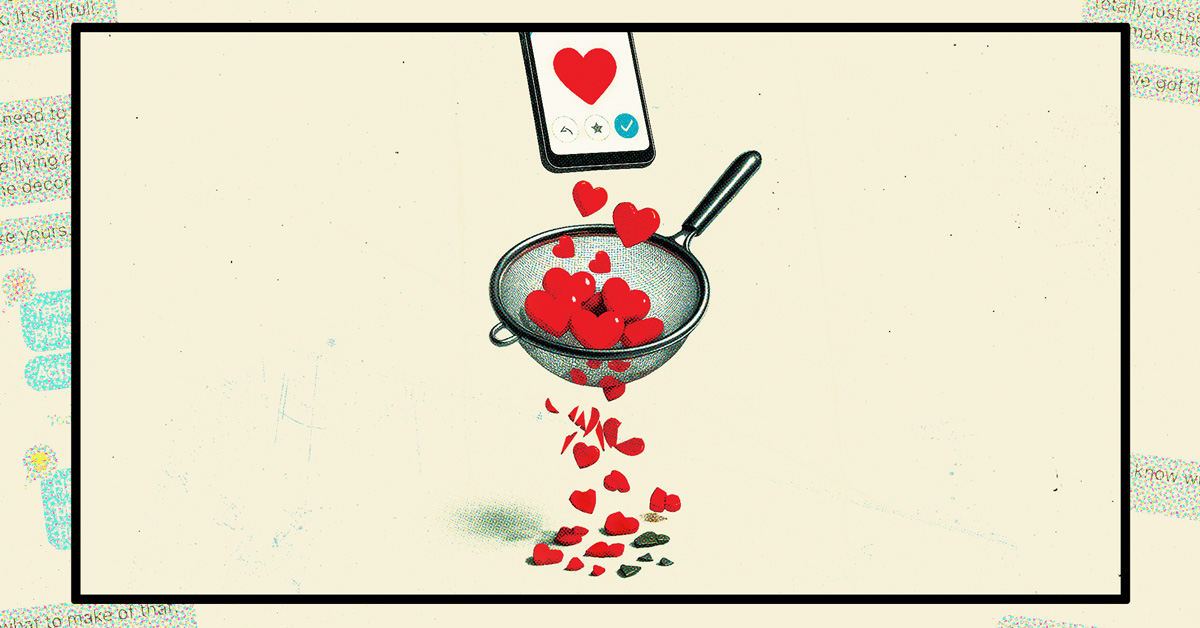

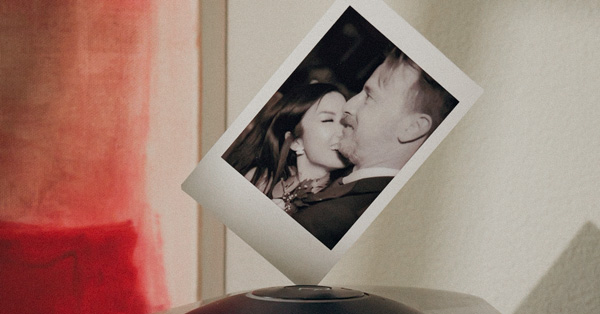
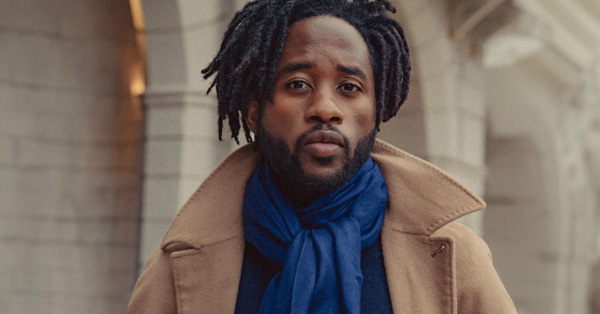

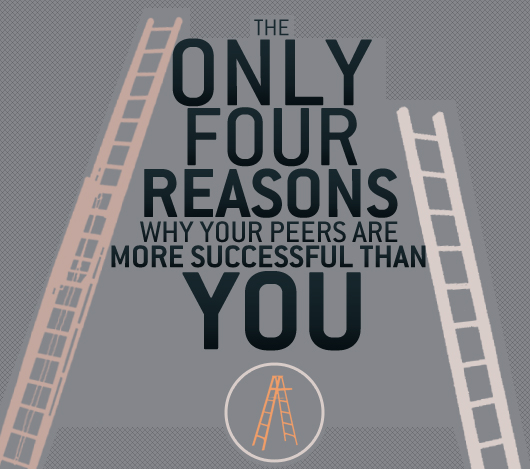






![It’s Time to Begin Again: 3 Uncomfortable Frameworks That Will Make Your New Year More Meaningful [Audio Essay + Article]](https://www.primermagazine.com/wp-content/uploads/2025/01/begin_again_feature.jpg)
